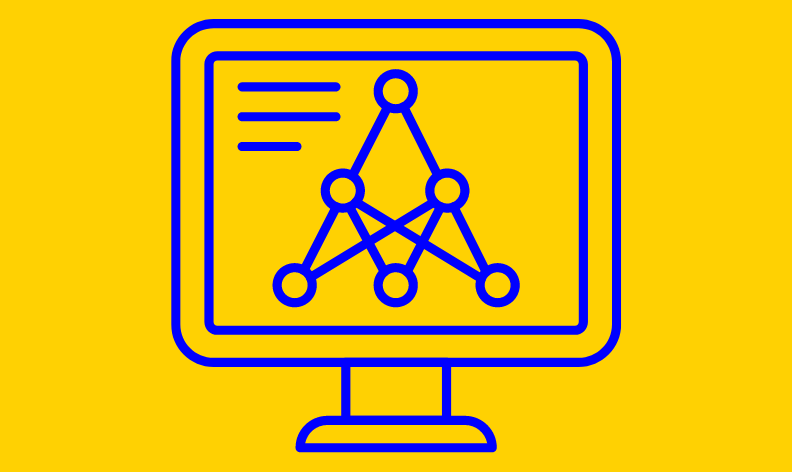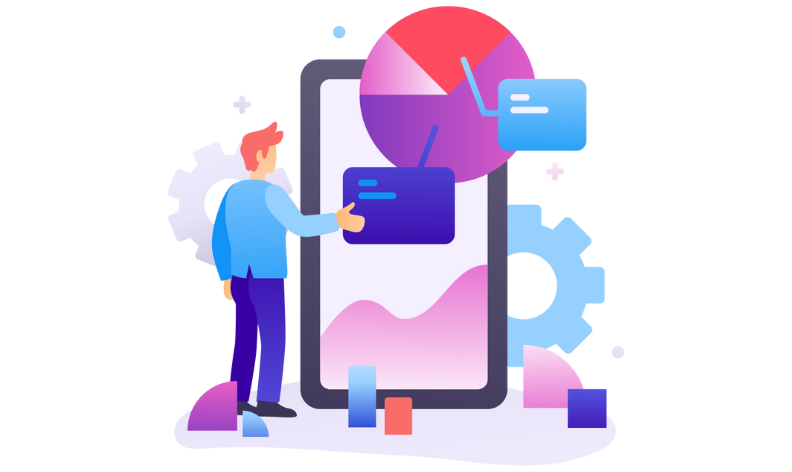Blog 
 Back
Back

3 Data Science Myths You Should Never Believe
It’s Myth-Breaking Time in Data Science!
Transitioning into data science is difficult, if not terrifying! Not because you need to learn math, statistics, or programming. You must do so, but you must also combat the myths you hear from others and carve your own path through them!
Data Science Career-Related Myths!
Ph.D. is Mandatory to Become a Data Scientist

A Ph.D. is an outstanding accomplishment. Years of hard work and dedication are required. I admire people who are willing to put in that kind of effort.
But, in order to become a data scientist, is a Ph.D. required? This is a question that is heavily role-dependent. Let’s get started because there are several layers to peel off here.
Breaking down the myth
To better understand this, divide the role of a data scientist into two categories:
Role of Applied Data Science
Role in Research
It’s critical to understand the difference between these two roles. Working with existing algorithms and understanding how they work is the focus of Applied Data Science. In other words, applying these techniques to your project is essential. This position DOES NOT REQUIRE a Ph.D.
The majority of people fall into the above category. The majority of job openings and job descriptions that you see or hear about are for these positions.
2. A Full-Time Data Science Degree is a Must for Making the Transition

This is another myth that I’ve seen aspiring data science professionals fall for, similar to the Ph.D dilemma. With all of the interest in data science in recent years, how would you set yourself apart from the competition? Spending money on a degree seems like a good place to start. It’s a reasonable reaction.
The good news is that this is a myth that is primarily perpetuated by institutes.
Breaking down the myth
Practical experience is king in a vast and complex field like data science. There are numerous projects that you can begin working on right now. Alternatively, find a problem that you are passionate about solving and see if data science techniques can be used to solve it.
There are numerous learning resources available online. Books, MOOCs, blogs, and videos, for example. You can download the data science roadmap, which provides a broad structure for the Data Science milestones. You can also begin by following Analytics Vidhya’s learning path. It’s completely free, comprehensive (it includes all of the resources mentioned above), and provides a structure for your learning – an invaluable feature.
3. All of your previous work experience will be applicable to the Data Science domain

You have 5-10 years of solid experience in some industry. You are a well-known professional who is dealing the cards. But you’ve recently become fascinated by data science and what it can do for your business and career. You can’t wait to apply everything you’ve learned to your new career.
Does this sound familiar? Good. However, if you believe that your entire experience will translate to your new role, we advise you to reconsider.
Breaking down the myth
There are two sides to this story:
You are completely changing your field to pursue a career in data science.
You want to stay in your previous field but work in data science.
Changing your domain completely
If you are switching fields entirely (for example, from software testing to data science), your previous work experience will most likely be irrelevant. You are not only changing careers, but you are also looking for a new role.



